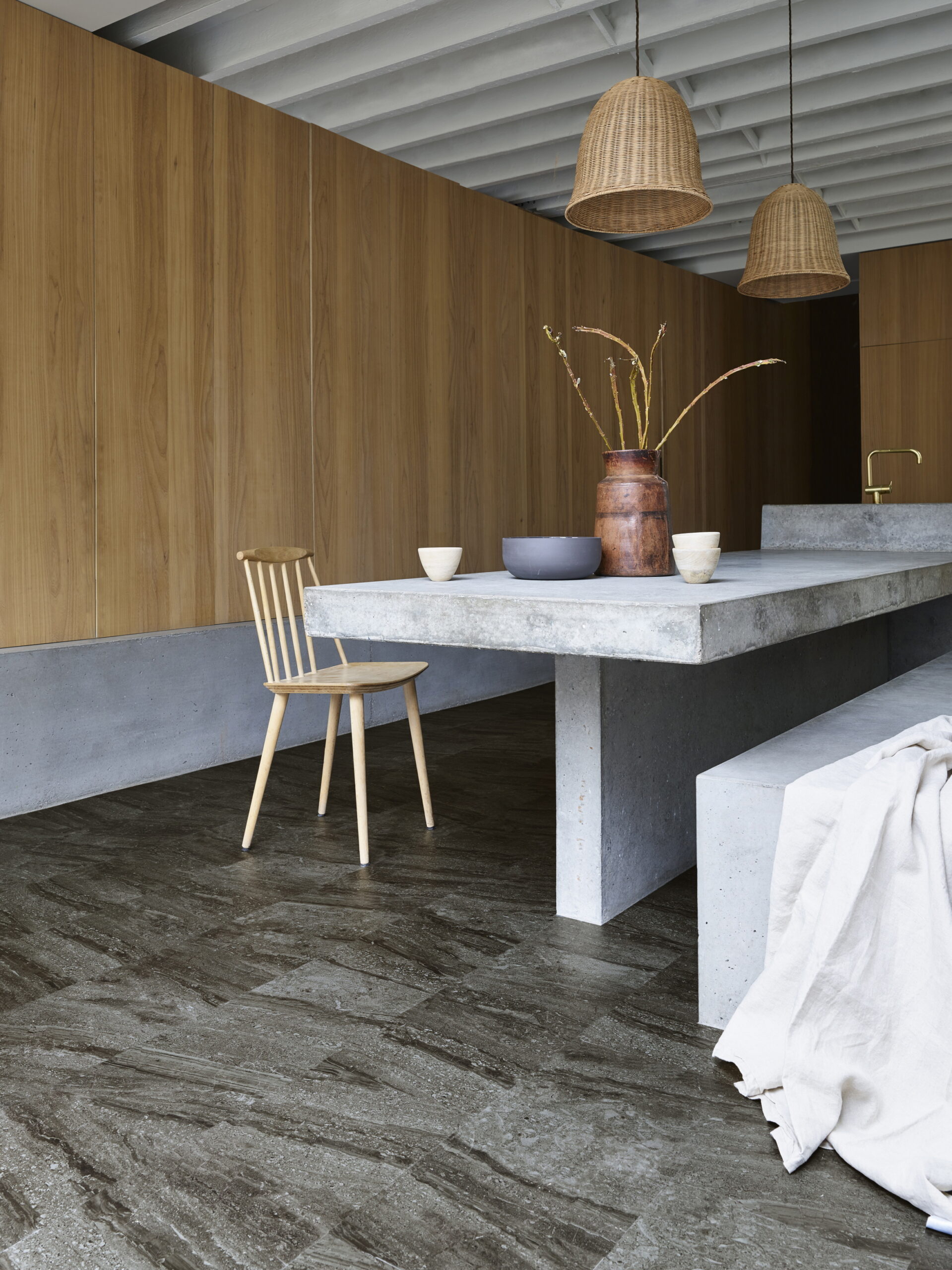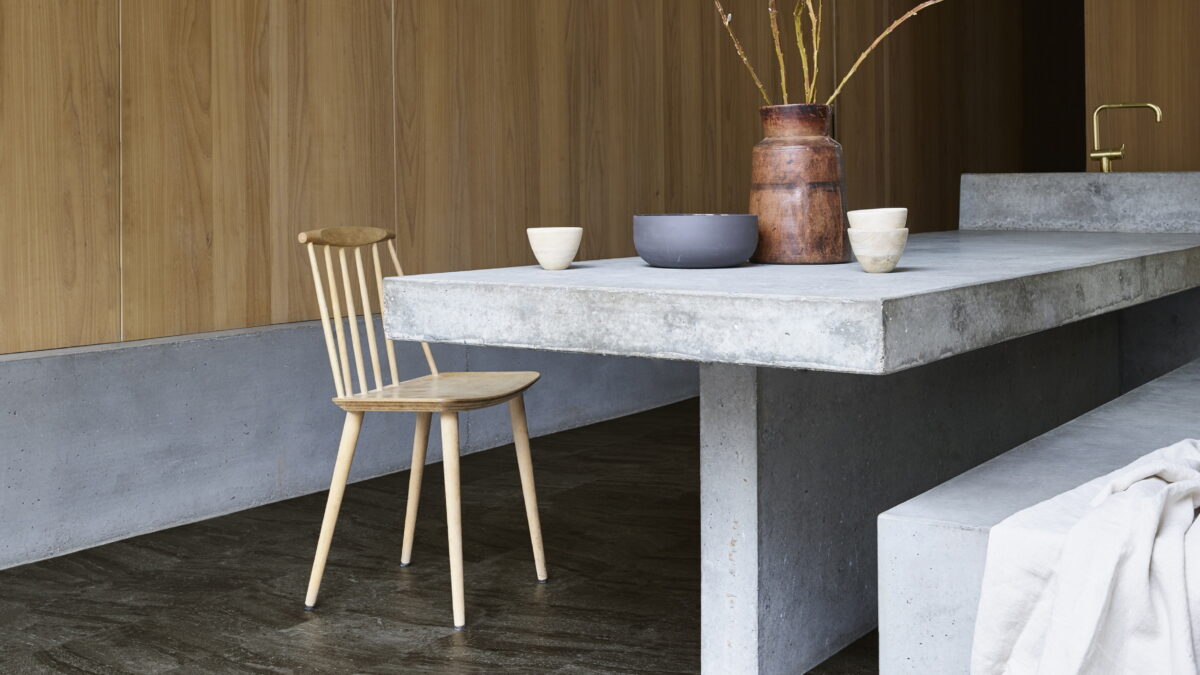Luxury vinyl plank flooring (LVP) has surged in popularity over the past decade as a top choice for home renovations. Renowned for its durability, easy installation, and wide range of visual options, LVP is an excellent choice for moisture-prone areas of the home such as kitchens and bathrooms, or for homes in wet climates. This article will explore LVP’s water-resistant qualities, discuss the different types of vinyl flooring available, and provide tips on how to maintain it over time.
What is Vinyl Plank Flooring?
Luxury vinyl plank (LVP) flooring, an engineered hard surface product, is comprised of several layers — including the actual vinyl plank, a 3-D photorealistic image, and a durable scratch-resistant top coat. This multilayered construction typically involves synthetic materials such as polyvinyl chloride resins, plasticizers, and UV stabilizers. To enhance comfort, manage moisture, and improve soundproofing, LVP can be installed with additional underlayment.
Renowned for its robustness, LVP is the go-to choice for areas that demand low-maintenance flooring solutions. Resisting scratches, stains, dents, and water damage with ease, it’s a common pick for both busy family homes, with high foot traffic and environments with pets, and commercial settings like restaurants and offices. What makes LVP especially appealing is its ability to convincingly replicate the appearance of natural materials such as hardwood, offering the aesthetic without the expense and upkeep typically associated with real wood floors.
Is Vinyl Plank Flooring Waterproof?
Unlike natural materials, luxury vinyl plank (LVP) flooring boasts complete resistance to damage from water and moisture. Its entirely synthetic composition ensures it remains unaffected by water, eliminating concerns about staining, warping, or wear. Additionally, LVP avoids the shrinking and buckling issues commonly encountered with laminate or hardwood flooring after prolonged exposure to moisture. This makes it an ideal choice for use in high-moisture areas such as bathrooms and laundry rooms, ensuring the flooring maintains its integrity. LVP’s moisture resistance has also made it a favored option in rainy and humid climates. However, it’s important to note that while LVP is highly durable against moisture, it is not immune to the effects of extreme flooding, which could lead to mold or damage to the subflooring.
Types of Vinyl Plank Flooring
There are several common types of vinyl plank flooring available, such as:
Click Vinyl Flooring: Ideal for DIY enthusiasts, this type doesn’t need any adhesive. Each plank is manufactured with a tongue and groove system, allowing them to snap together easily over the subfloor.
Glue-Down Vinyl Flooring: This option involves using an adhesive to secure the planks to the subfloor. The adhesive can be in the form of a peel-and-stick backing on each plank or a trowel-on liquid glue applied across the floor pre-installation.
Rigid Core Vinyl Flooring: This variety, a subset of LVT, features a high-quality photographic layer and an extra rigid core, making it the thickest vinyl available. It offers enhanced resistance to damage and improved cushioning underfoot. Rigid core flooring can be installed using either the click-and-lock method or adhesives.
Loose Lay Vinyl Flooring: Distinct from other types, loose lay vinyl does not require adhesives or a locking system for installation. It has a rubber backing that grips the floor through friction, allowing the planks to be tightly fitted into place without additional securement.
How to Maintain Vinyl Plank Flooring
One of the major advantages of LVP is its low maintenance. Thanks to its resistance to scratches and dents, there’s no need for frequent refinishing or sealing to maintain its appearance. Plus, if damage does occur, replacing individual planks is a simple process that eliminates the need for a full floor replacement.
Cleaning LVP is also straightforward and hassle-free, unlike the careful maintenance hardwood might require. Routine household cleaning products such as soap and water, along with a mop and vacuum, are all you need to keep your vinyl floor spotless and clear of debris.


